Description
Join pro writer Conor Kyle for a twelve-week crash course on writing novels. Geared toward (but not limited to) commercial fiction, we will develop killer premises, build out compelling worlds, and complete a 50,000-90,000 word manuscript fulfilling our genre promises in unexpected ways. Examples of popular commercial fiction genres include fantasy, science fiction, crime/mystery, romance, thriller and horror.
Bring your ideas and loglines!
This course is ideal for:
- beginning writers seeking to understand the core concepts of prose and novel writing,
- experienced writers who want to write a brand new novel draft in a more formal setting with the guidance of an experienced writer
About the Instructor:
Conor Kyle has written for Shudder’s Creepshow (2019) and placed twice in the Nicholl Fellowship with his scripts “Peter and the Wolves” (quarterfinals, also Launchpad top 10) and The Tube (semifinals). His work has also been featured on special sections of the annual Hit List, Young & Hungry List, Spec Book, and on Tracking Board’s “Best Writers of the Year” booklet. You can view Conor’s previous class videos on
- Twitter: https://twitter.com/TheScriptCamp
- Youtube: https://www.youtube.com/c/ScriptCampVideos
- Twitch: https://www.twitch.tv/scriptcamp
- Facebook: https://www.facebook.com/TheScriptCamp
90-Day Bootcamp Schedule:
Week 0: Intro to Novels (Sep 30)
This free class provides an overview of how to write a book. What is commercial fiction, versus literary, upmarket, or other classifications? Whether you stick to the conventions or bend them, your ability to write a compelling novel requires a deep understanding of the style and structure of your genre. We’ll study different genres, and discuss their nuances and expectations. Last, we’ll lay out the basics of tense, voice, and viewpoint.
- Get started on your very first page in class!
- Start reading! Several novelettes will be offered as options.
- Finalize your premise and logline.
Week 1: Prose / Premise (Oct 7)
This class will be a crash course on the English essentials required to write an effective book. What makes clear, detailed, beautiful prose? How can we diagnose a sentence and improve it? Afterward, we’ll look at premises (both high-concept and execution dependent) and start to think of how your own premise might act as the foundation for your entire story.
- Heavy focus on grammar, punctuation, syntax, structure, and style.
- Discover the art of crafting captivating opening lines that grab readers’ attention and set the tone for your story.
- Learn techniques to hook your audience from the very first sentence.
- Write your first 5,000-10,000 words depending on your total word count target
Week 2: Dialogue & Characters (Oct 14)
Explore the process of creating well-rounded and relatable characters that drive your story forward. Dive into character development techniques, including backstories, motivations, and character arcs. Discover the power of dialogue as a tool for character development and advancing your story. Learn how to write authentic and engaging dialogue that brings your characters to life.
- Dive into the psychology of character development and learn techniques for creating authentic and multidimensional characters that resonate with readers.
- Learn how to use dialogue tags, beats, and free indirect speech.
- Write your next 5,000-10,000 words.
Week 3: POV & Voice (Oct 21)
Explore different narrative perspectives and the impact they have on storytelling. Learn how to choose the most effective point of view for your novel. We’ll also look at ways to improve both character and authorial voice.
- Write your next 5,000-10,000 words
Week 4: Scenes & Chapters (Oct 28)
Learn how to structure your scenes and chapters for maximum impact and resonance.
- Write your next 5,000-10,000 words
Week 5: World & Setting (Nov 4)
Explore the art of world-building and creating vivid settings that transport readers into your story. Learn how to use sensory details and immersive descriptions to enhance your storytelling.
- Write your next 5,000 – 10,000 words
Week 6: Genre & Tone (Nov 11)
Explore the conventions and expectations of various genres and learn how to cultivate the specific tone you want to convey.
- Write your next 5,000 – 10,000 words
Week 7: Emotional Impact (Nov 18)
Explore techniques for creating emotional depth and resonance in your writing. Learn how to evoke strong emotions in readers and create meaningful connections with your characters.
- Write your next 5,000 – 10,000 words.
Week 8: Transitions (and magic!) (Dec 2)
How do we diagnose whether we’ve done everything we need to do in the first act? We’ll heavily emphasize a propulsive boost into the “fun and games” of your second act, balancing B-stories, and more. This week we’ll also look at Magic Systems. Do rules matter? How can you balance different types of fantasy in your story? What are some interesting quirks or costs to the magic that can create compelling scenes throughout your book?
- Write your next 5,000 – 10,000 words.
Week 9: Themes and Symbols (Dec 9)
Learn how to infuse your novel with deeper meaning by exploring themes and symbolism. Discover techniques for incorporating symbolism and exploring complex themes throughout your story Time permitting, we will look at tips for creating speculative creatures, races, and subraces (whether it’s dwarves or Martians) that populate your sci-fi or fantasy universes.
- Write your next 5,000 – 10,000 words.
Week 10: Pacing & Escalation (Dec 16)
Master the art of pacing your novel to maintain momentum and keep readers hooked. We’ll focus on keeping up the energy and narrative push, as well as beginning to answer questions and pay off setups from earlier. Danger and tension must ramp up significantly in this section, and we’ll make sure our books are doing just that.
- Write your next 5,000 – 10,000 words.
Week 11: Endings & Payoffs (Dec 30)
Keep up your momentum — you’re in the final stretch. As we close in on ninety days, we work through the difficult final act of your manuscript. How do we conclude subplots? How can we leave the reader feeling satisfied with the ideal “unexpected yet inevitable” conclusion?
- Write your next 5,000 – 10,000 words.
Week 12: Editing and Polishing (Jan 4)
In this final class, learn strategies for editing your manuscript and preparing it for publication. Explore traditional and self-publishing options and gain insights into the publishing industry. We will discuss the rewriting and querying process. This class also serves as a lab to help you work through any remaining hurdles to finish your manuscript.
- Write your next 5,000 – 10,000 words.
- First draft done by January 11!
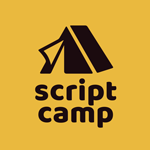
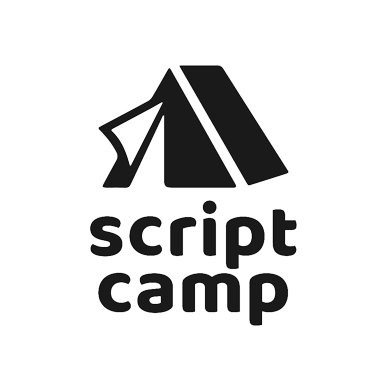
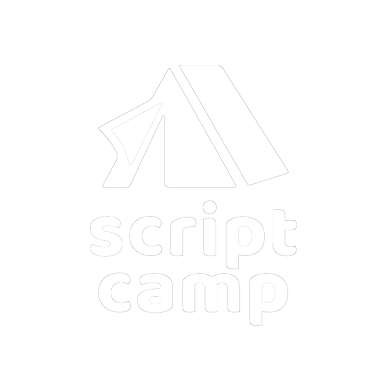

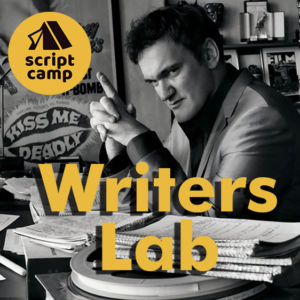

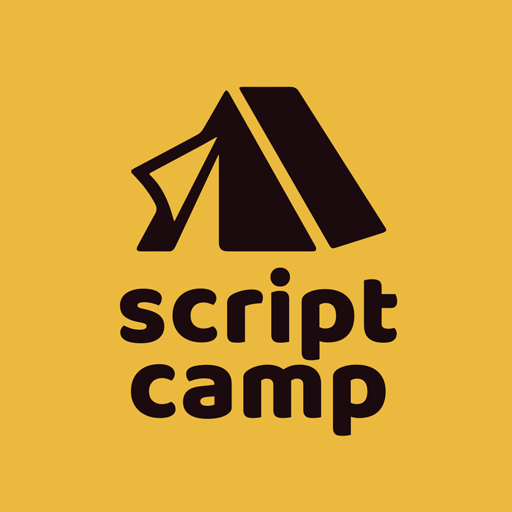
Reviews
There are no reviews yet.